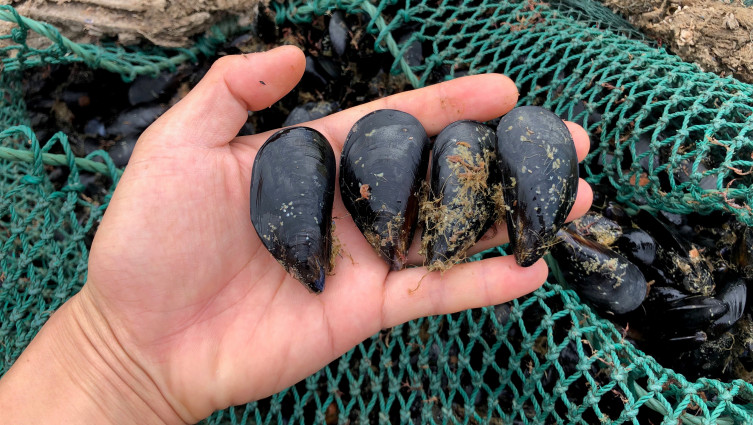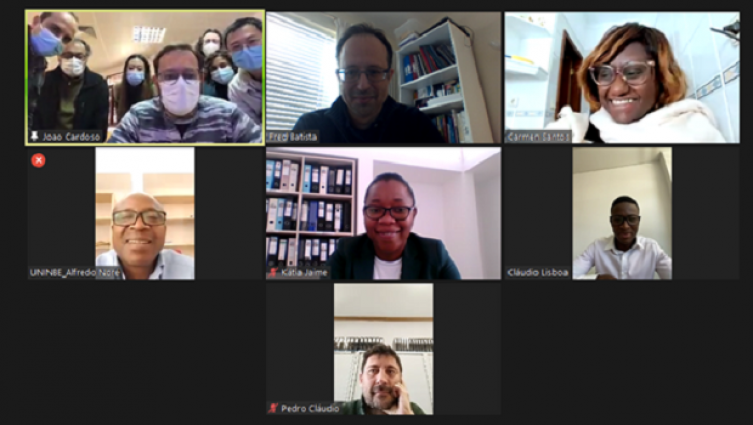New project aims to improve food safety of bivalves in Angola
Food-borne diseases related to the ingestion of contaminated bivalves (oysters, scallops, clams, mussels, and others) are a common and serious public health problem in Africa. As bivalves are filter feeders, when they grow on polluted waters they accumulate toxins and pathogenic bacteria that cause food-borne diseases. These diseases and intoxications happen because when native species are collected directly from the ocean, no adequate safety and quality control measures are taken.
Bivalve mariculture (saltwater aquaculture) contributes to improving food safety and has a low environmental impact, but in Africa, this activity is poorly explored due to a lack of investment/knowledge. To address these issues, the Centre of Marine Sciences of the Algarve works in partnership with the University of Namibe on the new research project HealthyBi4Namibe financed by the Aga-Khan developmental Network (AKDN) and FCT. The project aims to identify potential environmental threats on marine bivalves are, such as pathogens, toxic blooms and environmental pollutants, and to develop technological tools to improve food safety and reduce health risks for bivalve consumption in Angola.
The project kicked off in 2022, with the first meeting held on January 20 via zoom, where the team had discussed the project and implementation plan. Get to know more HERE.



